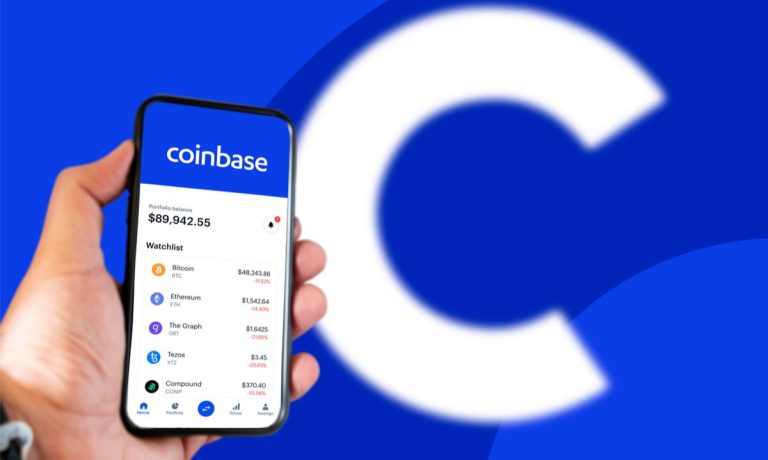India may not have banned cryptocurrency outright, as threatened, but the government is certainly making life hard for exchanges trying to service its would-be buyers and traders.
On the heels of a harsh tax regime that saw Indian exchange volume crater when it went live April 1, with CoinDesk reporting that top exchanges saw 50% to 75% drops, India’s central bank seems to have again taken aim at exchange’s payments processing.
The Reserve Bank of India (RBI) had long banned banks from doing any crypto business, effectively hamstringing the exchange business, before a Supreme Court ruling forced it to relent. In February, the RBI reiterated its earlier calls for a complete ban, likening crypto to a “Ponzi scheme” as it became clear the government was moving toward legalization.
Read more: RBI Official Likens Crypto to ‘Ponzi Schemes’
Now, the National Payments Corporation of India (NCPI) has booted a major international exchange off its popular, RBI-regulated Unified Payments Interface (UPI).
Major U.S.-based exchange Coinbase suspended customers’ ability to buy cryptocurrencies Sunday (April 10), saying on a help page that it was “due to an ongoing issue we’re experiencing” using the popular UPI service, which it had made a core feature of its services.
Advertisement: Scroll to Continue
It added, “we don’t have another payment method to buy crypto at this time. Thank you for your patience and understanding.”
That was just three days after Coinbase launched service in the country.
A Bit Too Loud
On Thursday (April 7), the day Coinbase launched its service in India, CEO Brian Armstrong reportedly said, “India has shown a great willingness with UPI,” at a launch event.
Later that day, NCPI tweeted out a statement saying it “would like to clarify that we are not aware of any crypto exchange using UPI.”
It was something of a pullback for NCPI, which had earlier expressed a willingness to work with cryptocurrency businesses.
In September, the State Bank of India announced it was cutting off customers’ ability to use UPI to send funds to crypto exchanges. At the time, NCPI said it wouldn’t be blocking UPI crypto payments, explaining banks should make their own decisions.
See more: India’s SBI Latest Bank to Bar Payments to Crypto Exchanges
A Coinbase spokesperson told Business Insider Saturday (April 8) that the firm is “committed to working with NPCI and other relevant authorities to ensure we are aligned with local expectations and industry norms.”
NPCI announced that its flagship payments platform had passed the $100 billion mark in October, with 4.2 billion transactions. And in January, NPCI tested offline digital payments using UPI. The UPI Lite service is aimed at rural areas with spotty service and has a 200-rupee (about $2.60) limit.
Read more: India Tests Internet-Free Digital UPI Payments
Take the Money
While India’s government has not banned crypto as it once intended, the harsh tax regime that went into effect this month has cut a deep swath into trading.
See more: Crypto Coming to India With Digital Rupee, 30% Tax
A 30% tax on profits does not offer a corresponding write-off for losses, and come July 1, an extremely controversial 1% tax deduction at source (TDS) on crypto transactions will come into effect.
So, given NCPI’s apparent turnabout on crypto transactions, it seems the RBI’s determination to hamstring crypto in the country is still moving ahead, despite the government’s acceptance.
India’s government has reiterated forcefully in recent months that it will not countenance crypto’s use for payments.




